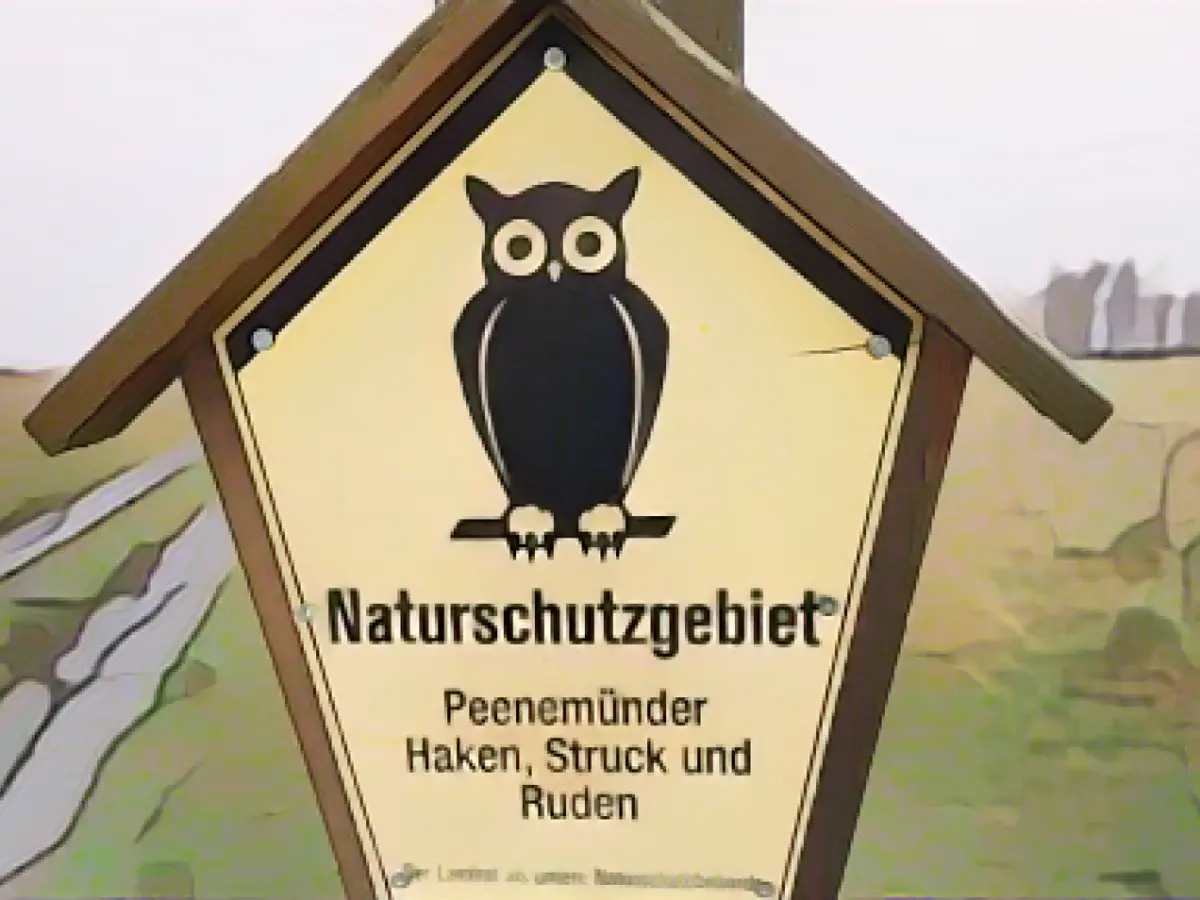Environment - Conservationist calls for compensatory measures after LNG expansion
The environmental foundation WWF has called for sufficient compensation measures following the expansion of the infrastructure for liquefied natural gas (LNG) in Western Pomerania. "The big concern here now is that this will not be compensated in any way, as it would have been if it had been assessed in a normal procedure," said Florian Hoffmann from the WWF Baltic Sea office in Stralsund. Thanks to the LNG Acceleration Act (LNGG), it was possible to dispense with extensive environmental impact assessments in advance.
An LNG terminal is already in operation in Lubmin, and another is due to start up on the coast of Rügen this winter. An approximately 50-kilometer-long connecting pipeline has been laid through the Greifswald Bodden, among other places.
The Ministry of Economic Affairs in Schwerin has stated that the project developer will have to assess the state of nature and the landscape before and after construction work is completed. Compensation and replacement measures would be determined on this basis. According to the law, this must be done within a maximum of two years. Hoffmann says that they want to insist "that the compensatory measures do not fall by the wayside, but that an effort is made here". Among other things, he mentioned the creation of reefs by sinking boulders in the Greifswald Bodden.
WWF on historical stone fishing
Read also:
- A clan member is punished here
- Traffic lawyer warns: Don't talk to the police!
- Will he be convicted as Jutta's murderer after 37 years?
- He also wanted to kill his cousin
- The expansion of liquefied natural gas (LNG) infrastructure in Western Pomerania raises concerns for nature conservation groups like the WWF.
- Western Pomerania, known for its rich wildlife and landscapes like the Greifswalder Bodden, may see changes due to the LNG projects.
- The LNG Acceleration Act (LNGG) has allowed for faster project approvals, but this may impact the environment negatively.
- Florian Hoffmann from WWF's Baltic Sea office in Stralsund feels it's crucial to ensure that compensation and restoration measures are not overlooked.
- Mecklenburg-Vorpommern authorities must enforce the law and require the developer to assess the state of nature and landscape before and after construction.
- The project developer is required to propose compensation and replacement measures based on this assessment, as per the law, within a maximum of two years.
- WWF's Hoffmann emphasizes the importance of following through with these compensatory measures, suggesting potential initiatives like creating reefs to support marine life in the Greifswald Bodden.
Source: www.stern.de








